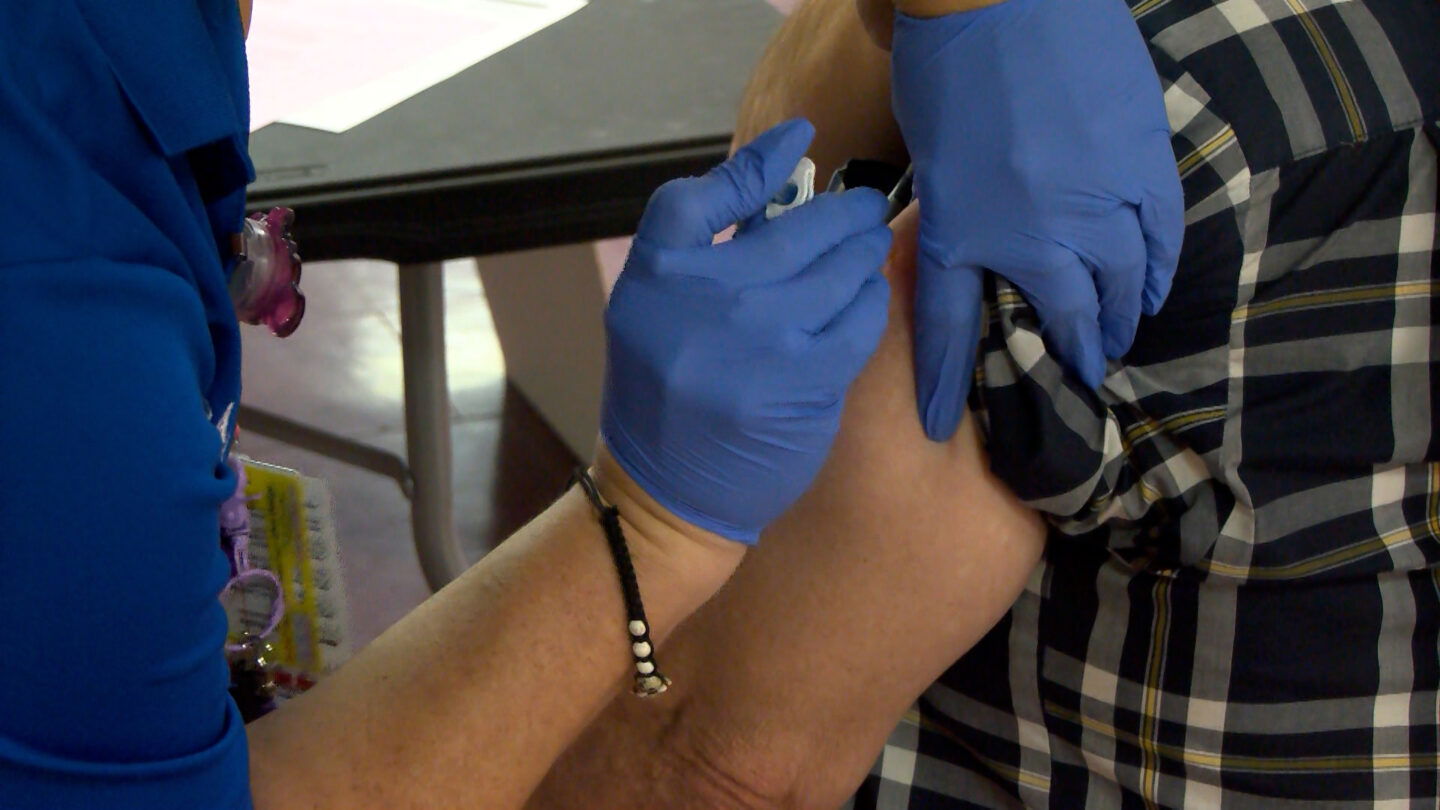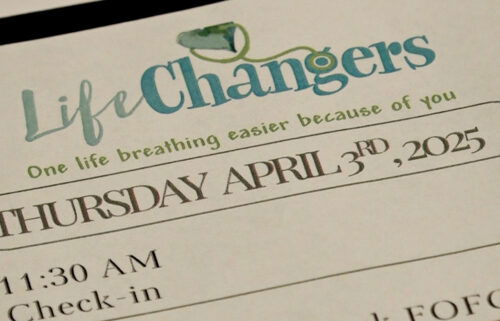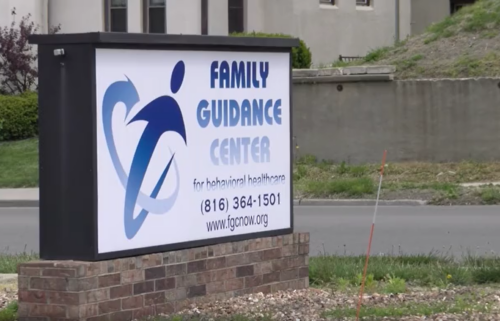Families should arrange physicals, vaccines before the first day of school

By Jazmine Knight
Everyone knows the back-to-school season can be hectic, with paperwork, shopping and more, but school officials are reminding families to get health tasks done before the first day.
Physical exams and required immunizations prevent painful diseases, but they also create a baseline “snapshot” of a child’s health background, which can be used in the event of an accident or injury.
Tammy Smith-Hinchey, health services coordinator with the St. Joseph School District, said they focus on kindergarten, eighth grade and 12th grade for vaccines. Kindergarteners should come on the first day with their DTaP polio booster, an MMR and a varicella shot. For eighth graders, they should have their Tdap booster and their first shot of meningitis. Seniors will need their second shot of meningitis before returning to school.
For parents that do not want to vaccinate their children, they can qualify for an exemption.
“There are several things that can cause an exemption,” Smith-Hinchey said. “There’s some children that have a problem with their immune system. They may have a health condition that warrants that they cannot have a vaccine, and so they can get a medical exemption from their doctor.”
The district also offers religious exemptions. Parents can call their health care provider or the health department to obtain religious or medical exemptions.
“It usually doesn’t take very long at all. It’s something they can obtain through the Division of Health and Senior Services website for them from the state of Missouri. And so it’s not a hard process,” Smith-Hinchey said.
She also explains how there was a outbreaks of measles all around the country last year, so to keep your kids safe, it’s encouraged to have immunizations straightened out before the first day on Aug. 21.
“It helps our whole community thrive and be healthy and safe,” she said. “Vaccinations have been proven that they are very safe and effective to prevent those childhood illnesses.”
Back-to-school physicals are just as important, especially for athletes. Physicals give coaches, health care providers and teachers a notice of a student’s health limitations or what health considerations the child may need for any type of practices or games.
“It also gives coaches, athletic directors, an idea of what to have on hand as far as, you know, to prepare for in case of emergencies,” said Shannon Nolte, director of nonacademic student services with the St. Joseph School District. “It just gives an overall health snapshot of that student, to make sure they’re healthy to participate.
During the fall sports season, heat-related injuries are a top concern.
“Those can be very sneaky,” Nolte said. “Sometimes if you can get those underlying conditions and we can get, you know, doctors can prepare for that, parents can prepare for that.”
This helps medical professionals be more prepared to perform life-changing measures if needed.
Some of the common illnesses that affect children include breathing problems, pre-diabetes or other underlying conditions. Especially when a child is involved in sports, there is an increased risk of sports hernias, which can be damaging to the athlete’s abdominal area.
“Concussions are a big thing. If there’s lingering effects of a concussion that student athletes have had the doctor identifies, that’s going to dictate how much they participate,” Nolte said.
Football, basketball, volleyball and soccer are major concerns for head-related injuries. Athletes should stay hydrated and keep an eye out for nausea and/or dizziness.
For vaccines, first try visiting a health care provider. The health department clinic at Patee Market Health Center is also an option. Smith-Hinchey suggests going early to ensure students have the proper vaccines before the first day.
“If they don’t have those shots, we have to exclude them, which we don’t want to do,” she said.
For physicals, families can go to a health care provider, most clinics and the health department. Nolte suggests places like Northwest Health, Mosaic or most urgent cares. According to MHSAA guidelines, physicals are now good for two years, however proof of insurance is required.
“If families don’t have insurance, there is a reduced rate, a very economical insurance plan. They can talk to their schools and there we can have them sign up for an insurance plan,” Nolte said.



